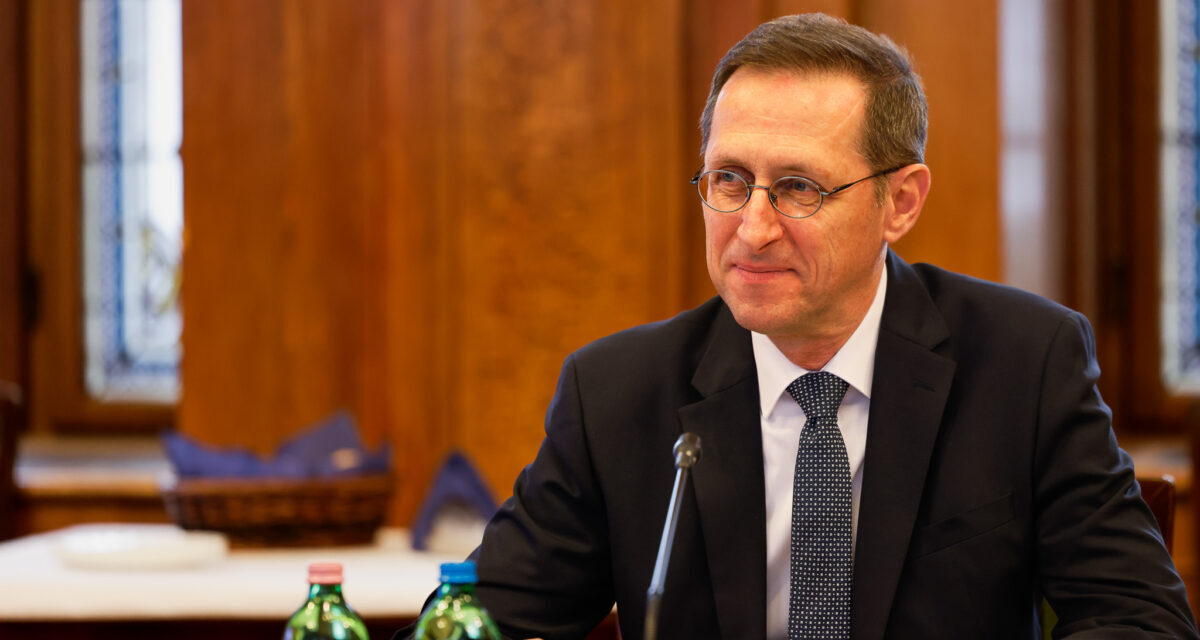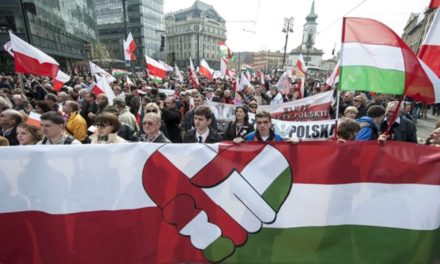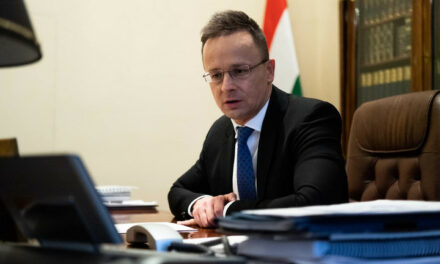It would cover nearly two months of pension expenses if Brussels were willing to take over the financial obligations of maintaining the border fence.
Instead of the member states, Hungary will pay the price so that there is no need for border protection within the European Union (EU), the Minister of Finance stated.
Mihály Varga recalled that he had previously turned to EU Commissioner Johannes Hahn, requesting that the European Union take on a greater share of the increased burden of border protection.
"At the end of last year, I sent a letter to the Commissioner, who then responded positively. After exchanging letters, I invited him to the border and he accepted. We agreed that we would line up for the visit in the first semester. Now, in comparison, we can see a continuous backsliding from him," said Varga, who also highlighted that Johannes Hahn, as the outgoing commissioner, had a suggestion that he would rather discuss the priorities of the Hungarian EU presidency.
However, in response to this, the Ministry of Finance indicated to him that the negotiations could be based on the topic of our EU presidency, but among Hungary's important topics, in addition to competitiveness and demographic issues, curbing illegal migration can also be found. In response to this, the EU commissioner finally canceled the meeting.
We have created a clear situation that the commissioner did not want to face anymore, he turned away at the last moment from solving a serious problem for Hungary, said the minister.
The amount of Hungarian border protection expenses is twice what the state spends on family tax and contribution benefits in one year (370 billion forints), or to use another example, it would cover almost two months of pension expenses, even though, as a result of joining the Schengen area, the protection of Hungary's external borders is simply - according to the EU treaties - is his duty.
On the other hand, in mid-June, it was revealed that the European Court of Justice ordered Hungary to pay a fine of 200 million euros for violating asylum legislation.
According to Mihály Varga's summary, Hungary, instead of the member states, will pay the price for the fact that there is no need for border protection within the EU.
and this violates the principle of solidarity and fair distribution of responsibility between member states.
"I quietly note that it is also found in the judgment announcing the 200 million euro penalty imposed on Hungary. So we can put it this way: instead of a migrant quota, a border protection quota is needed, and Hungary is entitled to HUF 700 billion in compensation, not an 80 billion penalty," said Mihály Varga.
According to the Minister of Finance, the situation is not only unfair, but also a serious burden on the Hungarian public finances, and at the same time, compared to the size of the EU budget, border protection expenses are insignificant: the total amount of EU budget expenses for this year alone is HUF 67,000 billion.
The difference is well illustrated by the fact that the European Commission has spent more than half of Hungarian border protection expenditure on meetings and conferences since 2015 (€955 million, HUF 375 billion), and the European Parliament has spent a similar amount on travel and spending money (€740 million, HUF 290 billion HUF) during the same period.
"This time, the commissioner did not indicate whether he intended to come to Hungary. We are talking about a member of an outgoing committee, apparently in this transitional period it is not important for the outgoing commissioners to deal with specific matters. However, we still hold:
what is needed is not a migrant quota or HUF 80 billion fines, but reimbursement of costs from the European Union.
So we continue to advocate that our costs arising from the point of view of border protection be put on the agenda," said the finance minister.
According to Mihály Varga, since the agreement of the V4 is in effect, the issue of border protection costs may also arise at the autumn ECOFIN meetings, which could be favorable for Hungary.
Cover photo: Mihály Varga
Source: Facebook/Mihály Varga













